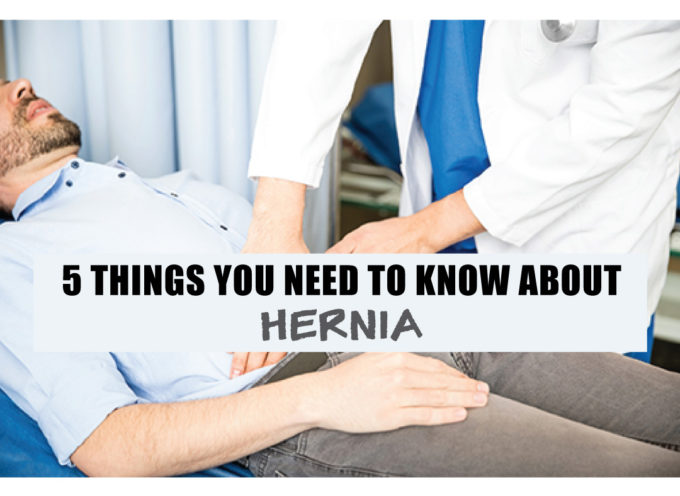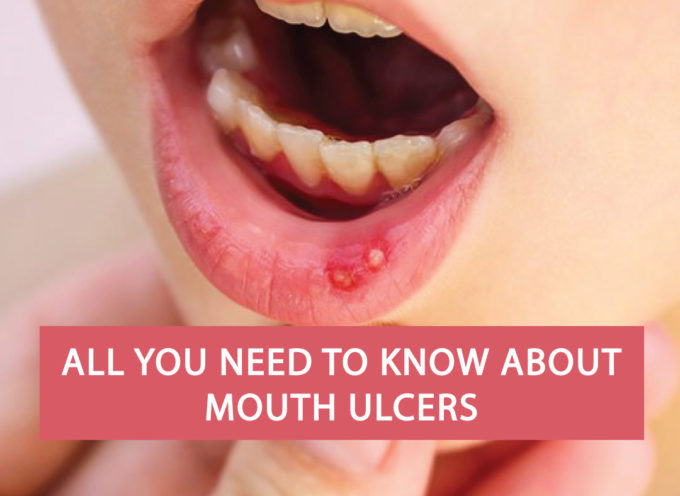Nearly everyone knows someone touched by the disease. Right? But there is a lot of good news about breast cancer these days. Treatments keep getting better and we know more than ever about ways to prevent the disease.

FIND OUT ABOUT FAMILY HISTORY
Women with a strong family history of cancer can take special steps to protect themselves, so it’s important for women to know their family history. You may be at high risk of breast cancer if you have a mother or sister who developed breast or ovarian cancer (especially at an early age) or if you have multiple family members (including males) who developed breast, ovarian or prostate cancer. A doctor or genetic counselor can help you understand your family history of the disease.
BREASTFEED IF POSSIBLE
Breastfeeding for a total of 6 months to one year or more (combined for all children) lowers the risk of breast cancer. It also has great health benefits for the child.

AVOID BIRTH CONTROL PILLS AFTER 35
Birth control pills have both risks and benefits. The younger a woman is, the lower the risks are. While women are taking birth control pills, they have a slightly increased risk of breast cancer. This risk goes away quickly after stopping the pill. The risk of stroke and heart attack is also increased while on the pill, particularly if a woman smokes.
AVOID POST MENOPAUSAL HORMONES
Post-menopausal hormones shouldn’t be taken long term to prevent chronic diseases, like osteoporosis and heart disease. They give effect on health, increasing the risk of some diseases and the hormones increases the risk of breast cancer. If women do take post-menopausal hormones, it should be for the shortest time possible.
DON’T FORGET SCREENING
Breast cancer screening with mammography saves many lives! It doesn’t help prevent cancer, but it can help find cancer early when it’s most treatable. For most women, regular mammograms can begin at age of 40, but specific recommendations vary by age and risk.









No comments!
There are no comments yet, but you can be first to comment this article.